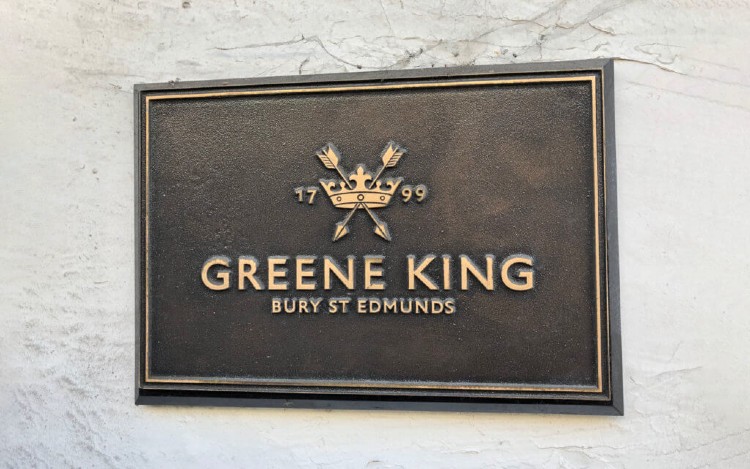Sale of Greene King will excite the Taxman
The offer by Hong Kong based CKA Group to acquire Greene King was a hot topic with the East Anglian media last week. It is also likely to be greeted with enthusiasm by HMRC because investors who unexpectedly receive cash in place of their shareholdings are, in many cases, likely to be faced with a tax bill.
Many local investors have significant holdings in Greene King. In most cases these have been in their share portfolios for years, with financial advisors knowing that those holdings are sacrosanct and should be retained. That may be out of loyalty to a local company, or it may be because any disposal would result in a large tax liability.

The offer of £8.50 per share is a considerable uplift on the recent share price. Even in the last 12 months, the shares have traded at less than £5. Many long-standing shareholders will have acquired the shares at a much lower cost and this deal will land them with substantial profit which will be liable to Capital Gains Tax (CGT).
The first £12,000 of gains that you make in the current tax year are exempt from CGT, but gains over this exemption are taxed at either 10% or 20% depending upon your income.
If you are likely to make a large capital gain but you have a spouse or civil partner who will not use their annual exemption, and/or he or she is not paying income tax at the higher rate, you may be able to reduce the tax liability by transferring some of your shares to them. Transfers to your spouse or civil partner do not give rise to CGT but the recipient acquires your shares at your original cost.
Example
Mary holds 5000 Greene King shares which she has held for some years and which she acquired at a cost of £17,500. She now stands to receive £42,500, a gain of £25,000. Mary is a higher rate tax payer and has already used her CGT annual exemption. Therefore she will pay tax at 20% on the gain totalling £5,000. Mary’s husband John is a basic rate tax payer but close to the higher rate threshold and he has not used his CGT annual exemption.
If Mary transfers half of her holding to John he will make a gain on those shares of £12,500 of which £12,000 is exempt and leaving only £500 taxable at 10% (£50). Mary will pay CGT of £2,500 on her remaining shares. Their combined tax saving will be £2,450.
Shares held in a Family Trust
Where shares are held within a family trust, if the trustees are considering paying out the proceeds to the beneficiaries of the trust, it may be possible to transfer the shares to the beneficiaries so that it is the beneficiaries who are taxed on the gains rather than the trust, enabling each of the beneficiaries’ CGT annual exemption to be used.
To achieve the tax savings action needs to be taken before the offer becomes binding, so it is important to act now if you wish to take advantage of this tax-planning opportunity.
Finally, the prospect of CGT being payable has deterred some shareholders from making gifts of their shares to their children or grandchildren. Now that the gain looks likely to be crystallised, this presents a good opportunity to consider gifting the proceeds to reduce the potential liability to Inheritance Tax later on.
The impact of any steps that you might take will depend upon your individual circumstances so advice should be sought before taking any action.
Tags: Bury St Edmunds, Capital Gains Tax, east anglia, Greene King, Lawyers, Shares, Solicitors, Tax, trusts
How can we help?
If you have an enquiry or you would like to find out more about our services, why not contact us?

